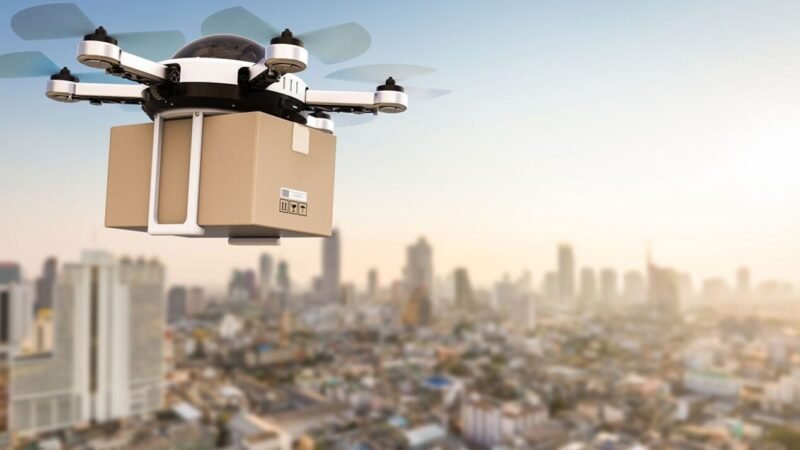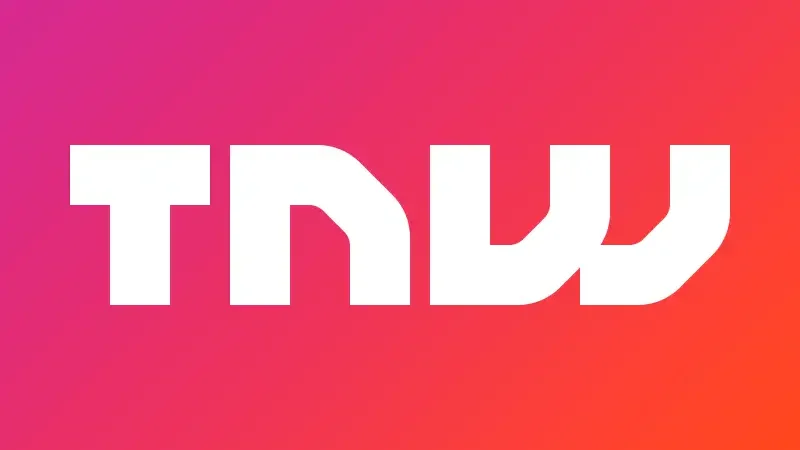Exploring the Next Web: Trends, Innovations, and Future Directions

In the ever-evolving landscape of technology, the concept of the “next web” represents the ongoing evolution and transformation of the internet and digital technologies. As we look ahead to the future, it’s essential to explore the trends, innovations, and potential developments that will shape the next phase of the web. In this comprehensive analysis, we’ll delve into the key themes and areas of focus driving the next web, from artificial intelligence and augmented reality to blockchain and beyond.
Artificial Intelligence (AI) and Machine Learning
Artificial intelligence and machine learning technologies are poised to play a significant role in shaping the next web. AI-driven applications and services will become increasingly intelligent and adaptive, providing personalized experiences, predictive insights, and automation across various domains. From virtual assistants and chatbots to recommendation engines and autonomous systems, AI will revolutionize how we interact with and harness the power of the web.
Augmented Reality (AR) and Virtual Reality (VR)
Augmented reality and virtual reality are unlocking new possibilities for immersive and interactive experiences on the web. As AR and VR technologies become more accessible and sophisticated, we can expect to see innovative applications in gaming, education, healthcare, retail, and beyond. The next web will blur the lines between the physical and digital worlds, offering seamless integration of virtual content and real-world environments.
Blockchain and Decentralized Technologies
Blockchain technology has the potential to disrupt traditional models of data storage, security, and transaction processing on the web. Decentralized applications (DApps), smart contracts, and token economies will enable new forms of peer-to-peer collaboration, trustless transactions, and digital ownership. The next web will be built on principles of decentralization, transparency, and democratization, empowering individuals and communities to take control of their data and digital assets.
Internet of Things (IoT) and Connected Devices
The proliferation of connected devices and the Internet of Things will continue to transform the way we interact with the web and the world around us. From smart homes and wearable devices to autonomous vehicles and industrial sensors, IoT technologies will create a network of interconnected devices and systems, generating vast amounts of data and enabling seamless communication and automation. The next web will be characterized by ubiquitous connectivity and intelligent ecosystems of devices and services.
Privacy, Security, and Ethical Considerations
As we embrace the opportunities presented by the next web, we must also address critical issues related to privacy, security, and ethical considerations. With the increasing collection and utilization of personal data, concerns around data privacy, consent, and transparency will become paramount. Moreover, as AI systems become more autonomous and decision-making, questions about accountability, bias, and fairness will require careful consideration and regulation.
Conclusion
The next web represents a convergence of emerging technologies, trends, and innovations that will redefine how we interact with and harness the power of the internet. From artificial intelligence and augmented reality to blockchain and decentralized technologies, the next web promises to be more intelligent, immersive, and decentralized than ever before. However, as we navigate this transformative journey, we must remain vigilant in addressing the ethical, social, and regulatory challenges that accompany these advancements. By embracing the principles of transparency, inclusivity, and responsible innovation, we can build a future web that is more equitable, accessible, and empowering for all.






